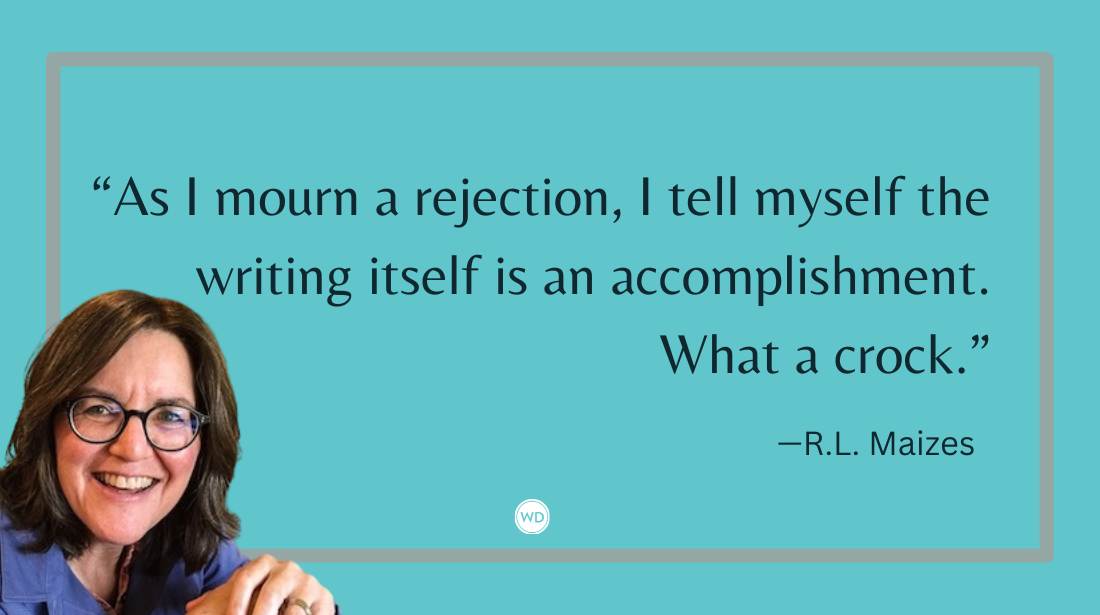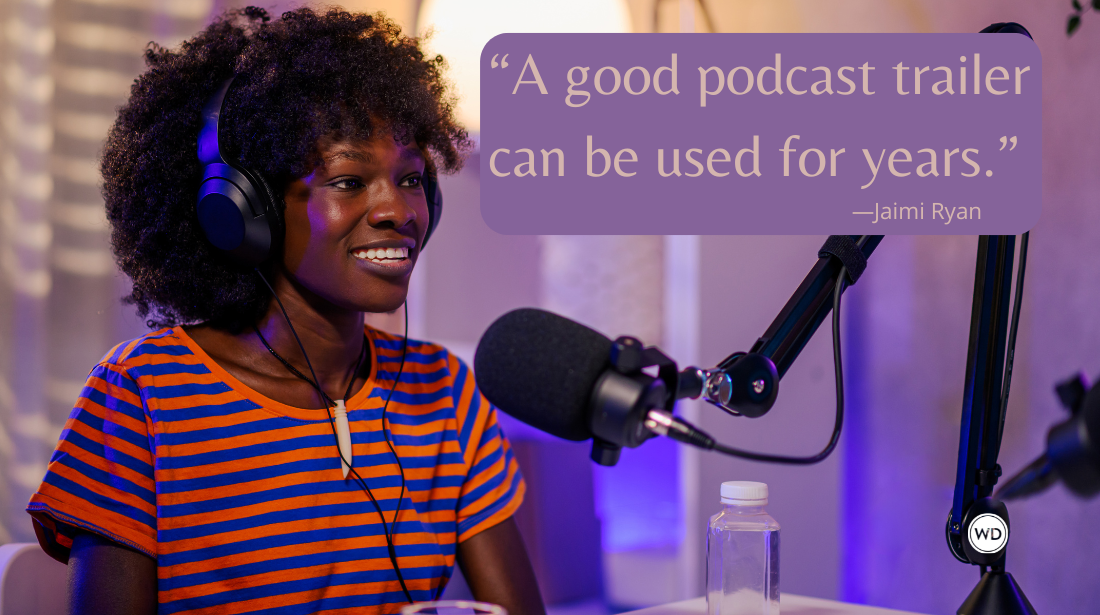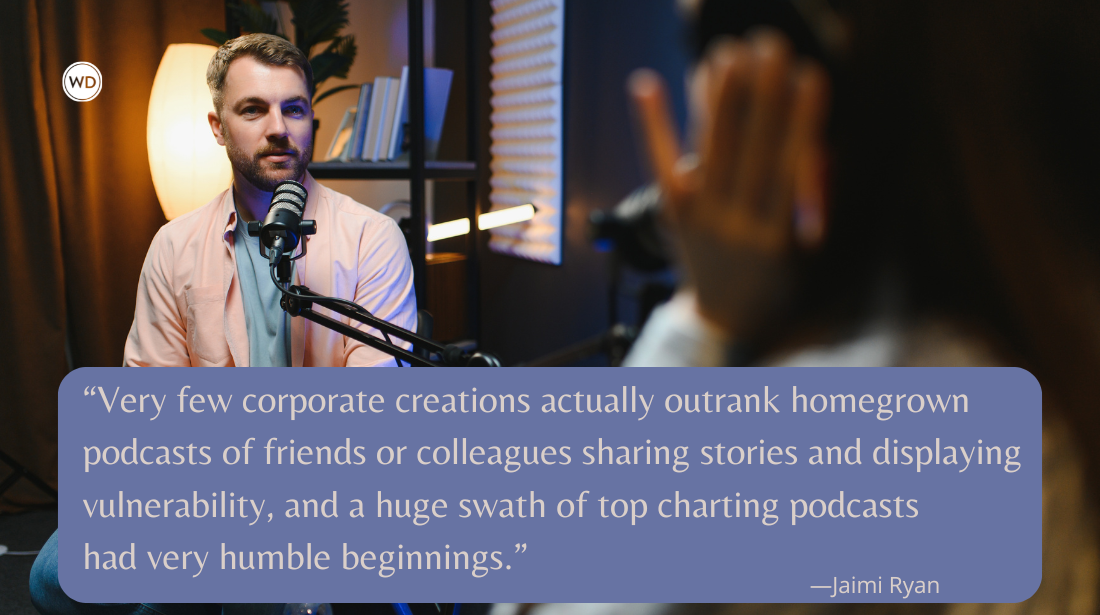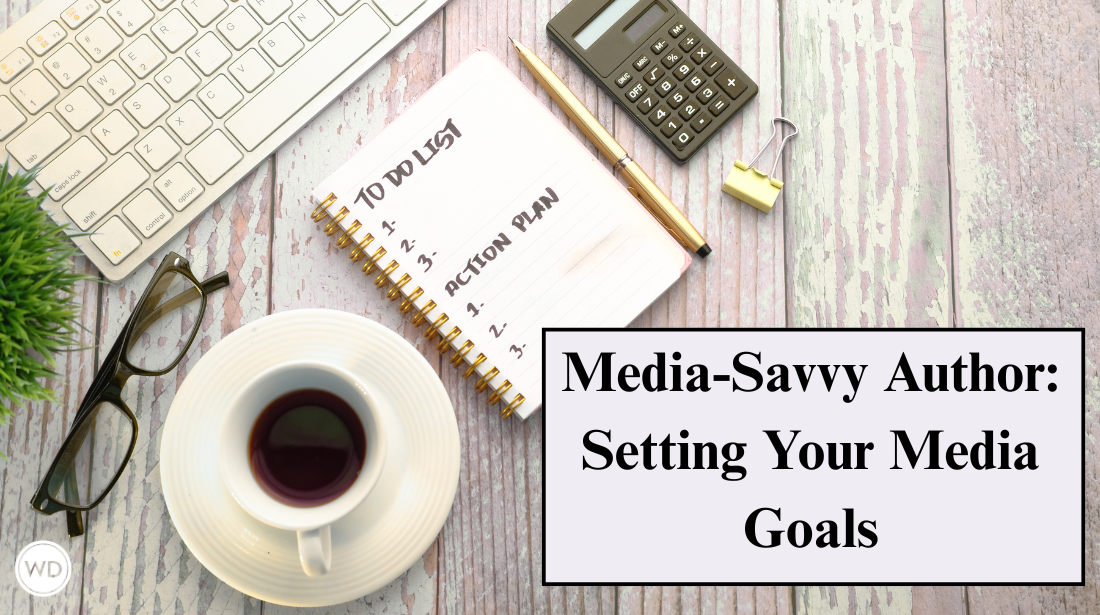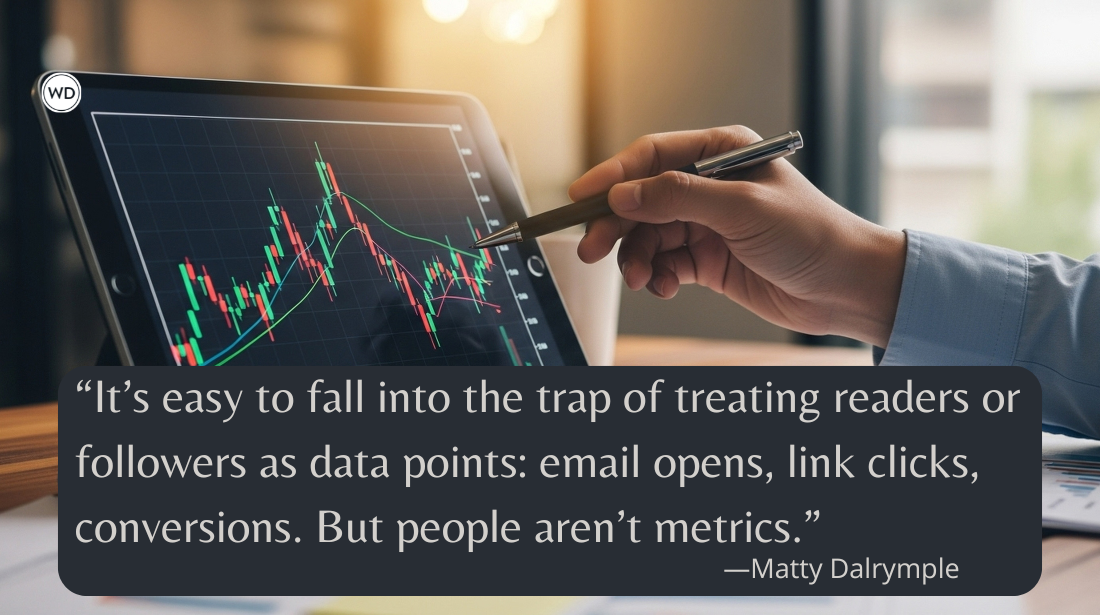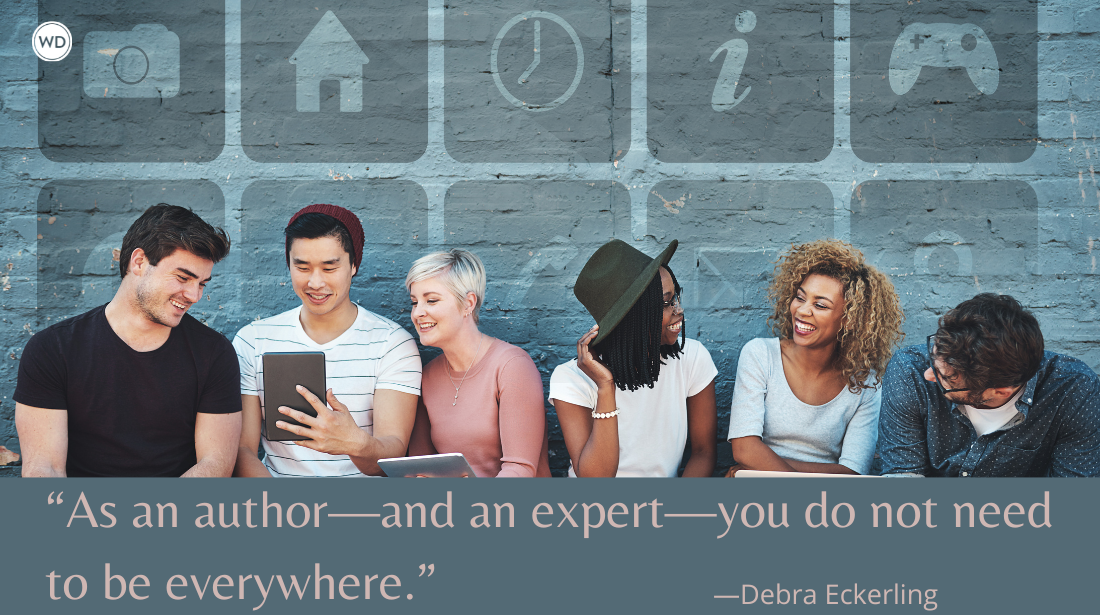The Distribution Barrier for Self-Publishers: Less of an Issue?
When I started at Writer’s Digest in 2001, my first assigned beat was the self-publishing scene. I was given Dan Poynter’s Self-Publishing Manual and The Complete Guide to Self-Publishing by…
When I started at Writer's Digest in 2001, my first assigned beat was the
self-publishing scene. I was given Dan Poynter's Self-Publishing Manual
and The Complete Guide to Self-Publishing by Marilyn & Tom Ross, as
primers on the topic.
I edited the magazine's column on self-publishing (discontinued), the
newsstand-only special issues on self-publishing (also discontinued),
and helped coordinate the judging for the Self-Published Book Awards
(still going strong).
Back then, one of the biggest hurdles for any self-published author was
securing bookstore distribution for a printed book—a near impossibility
unless you could strike a deal with a wholesaler or distributor (also nearly impossible).
Much of the advice we gave in the magazine, and elsewhere, focused on how
you could distribute and sell your book directly to readers, or through
specialty sales channels. (Fortunately, 50% of books sold in this
country are through specialty and mass-merchant accounts. A few
examples of a specialty account: Michael's craft store, salons, gift
shops.)
The indie scene is much different now for a few reasons:
(1) It is easier to take a risk on self-publishing your work
electronically since there is usually very little upfront investment.
(2) You can e-publish your work for a variety of channels
(including the free-to-use Amazon DTP program), without securing an ISBN, and without granting
exclusivity to any one channel or retailer.
(3) Avid readers are beginning to buy and even prefer books in
electronic format, whether through Kindle, Sony Reader, or mobile
devices.
That said, don't take this as a sign that it's easy to realize
overnight success through self-publishing options, whether
electronically based or not. I really love Christina Katz's "back to
reality" advice, Good-bye, Cinderella: Self-Publishing Isn't the Only or Always the Best Choice for Writers.
There are many viewpoints, and there are just as many changes taking place daily in the industry. Just take the latest
announcement today from Smashwords, Sony Reader, and AuthorSolutions.
People who use Smashwords or AuthorSolutions to publish their work can
have their e-book made available on the Sony
Reader.
I spoke to Smashwords founder Mark Coker yesterday about the news, and
it's impressive to see what his service can now offer an indie author
(for free!):
- Your e-book available for sale (or you can make it free to readers) in nine different formats,
including HTML, JavaScript, Kindle (.mobi), Epub, PDF, RTF, LRF (for
Sony), Palm Doc, and plain text (download or online view). This conversion process is totally automated, very fast (minutes), and based on
a Word document that you submit to Smashwords. - Automatic distribution to people who use iPhones or Android-based phones.
- Distribution to BarnesandNoble.com, including Fictionwise and their
eReader app (distribution to B&N is contingent upon your files meeting format
requirements, e.g., having a proper cover image and copyright page) - And, as of today, distribution to people using Sony Reader.
Mark says that he's in talks with other major online retailers for even
more distribution opportunities. (I bet you can think of at least one
major book retailer not listed above.)
I see physical distribution becoming less of a meaningful barrier as authors can
distribute e-books in all the same places that traditional books are
sold.
It doesn't equate to instant or even easy success, but authors who are
able to create demand for their work, and aren't afraid of sweat-equity,
have the potential for success if happy readers (fans!) help spread the
good word.
Do you have an e-publishing experience to share? Or what questions does
this raise for people who are wondering if this path is worth the time
and energy?
For more:
- My previous blog post: Do Writers' Futures Lie in Indie E-Publishing Platforms? (includes interview with Mark Coker)
- Feature package on self-publishing from March/April issue of Writer's Digest magazine
- My previous rant on self-publishing
- How to publish on Smashwords (at their site)
Jane Friedman is a full-time entrepreneur (since 2014) and has 20 years of experience in the publishing industry. She is the co-founder of The Hot Sheet, the essential publishing industry newsletter for authors, and is the former publisher of Writer’s Digest. In addition to being a columnist with Publishers Weekly and a professor with The Great Courses, Jane maintains an award-winning blog for writers at JaneFriedman.com. Jane’s newest book is The Business of Being a Writer (University of Chicago Press, 2018).




